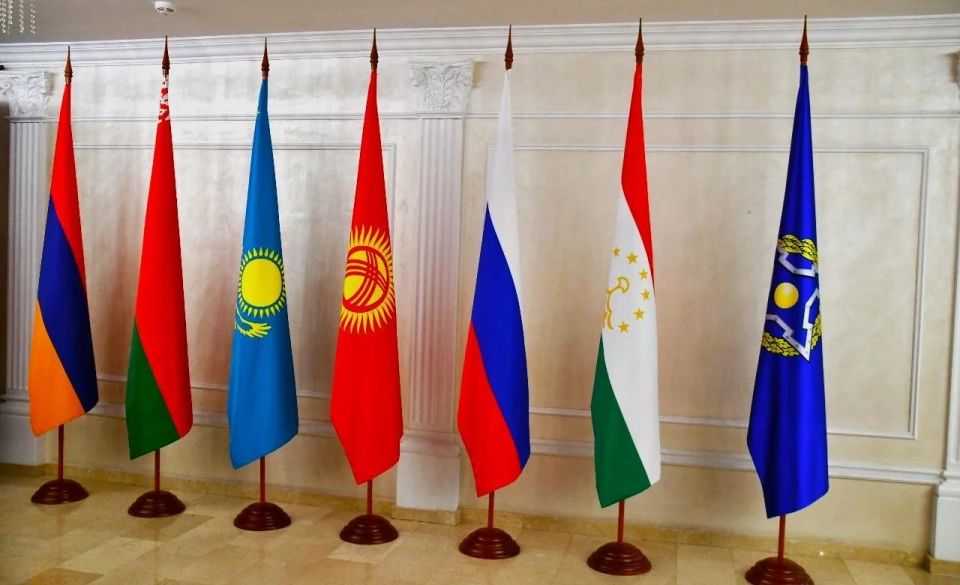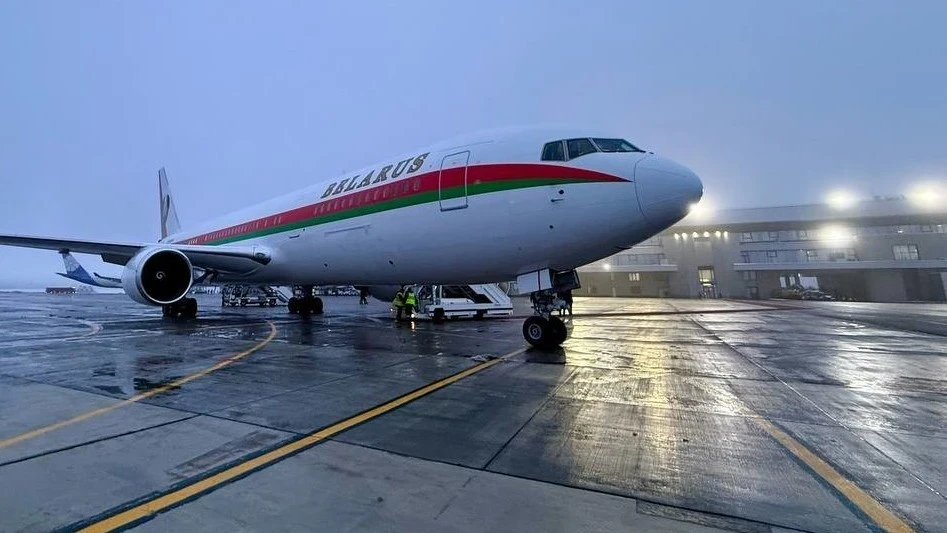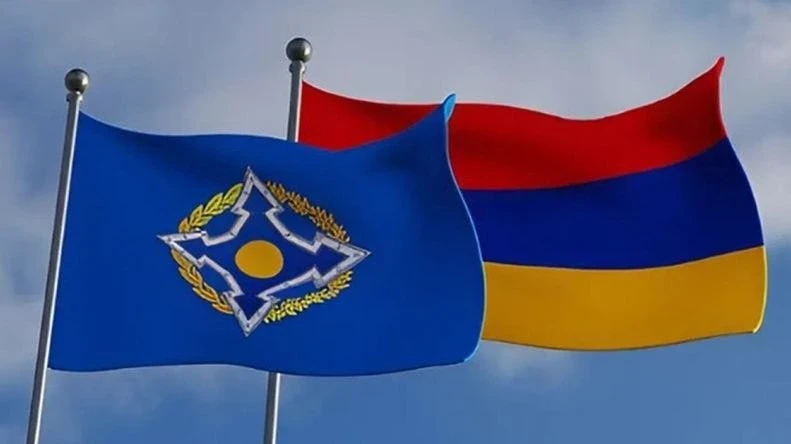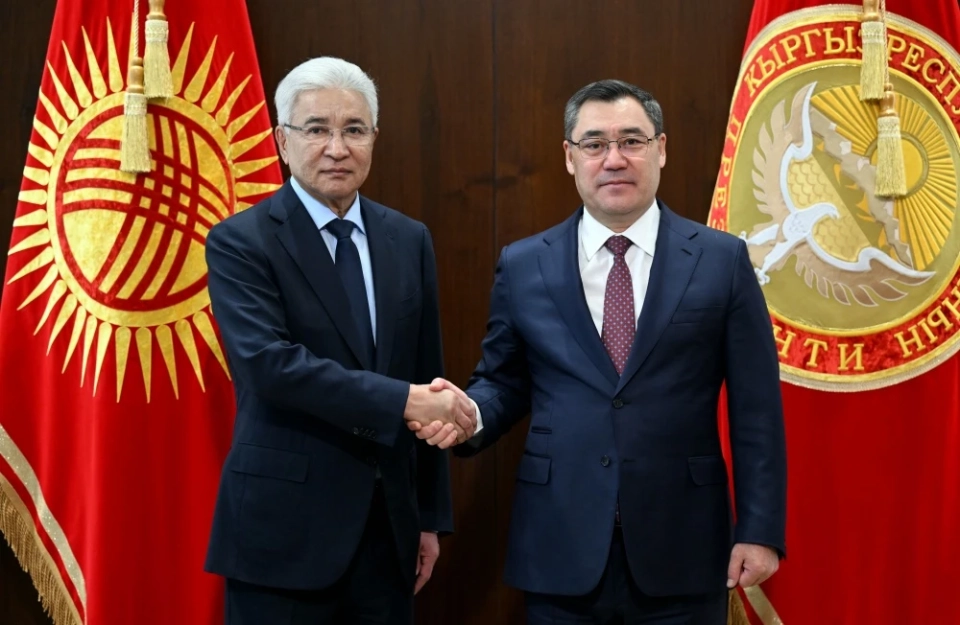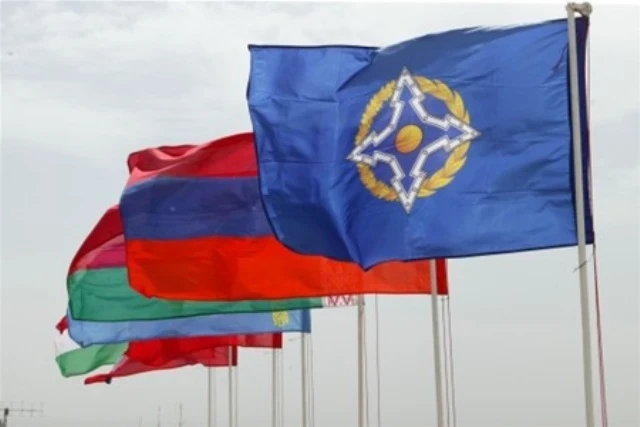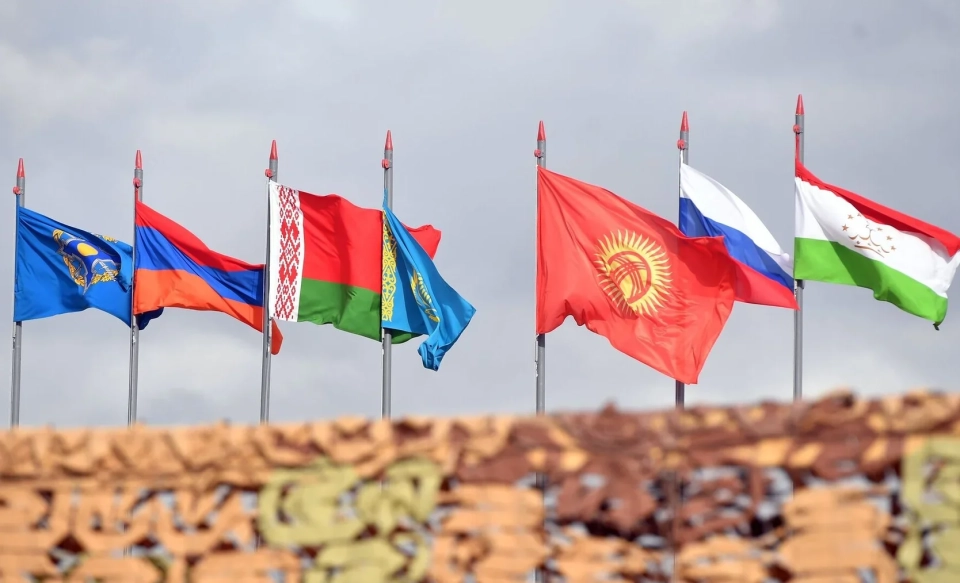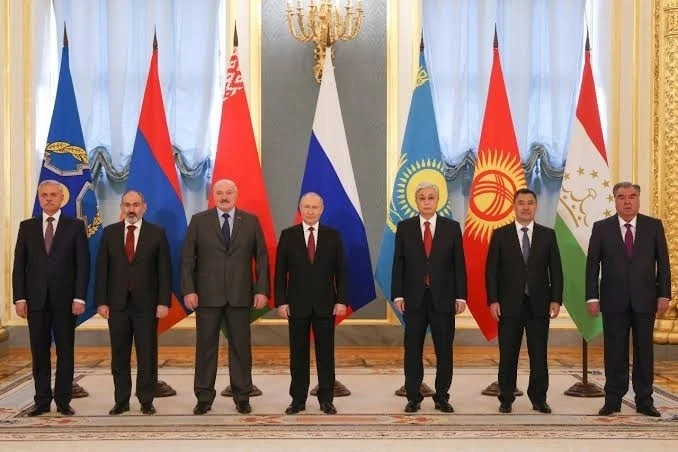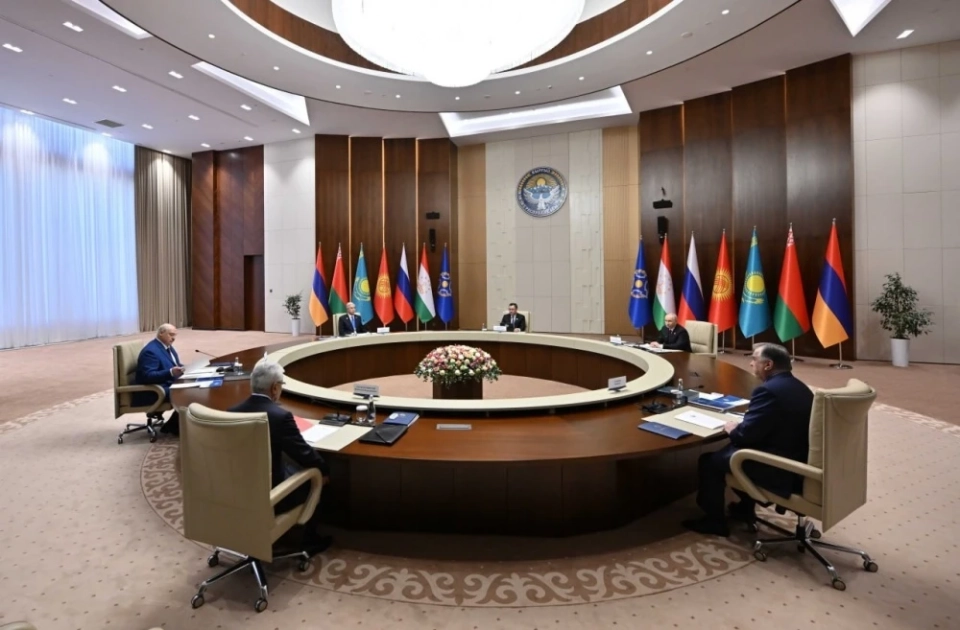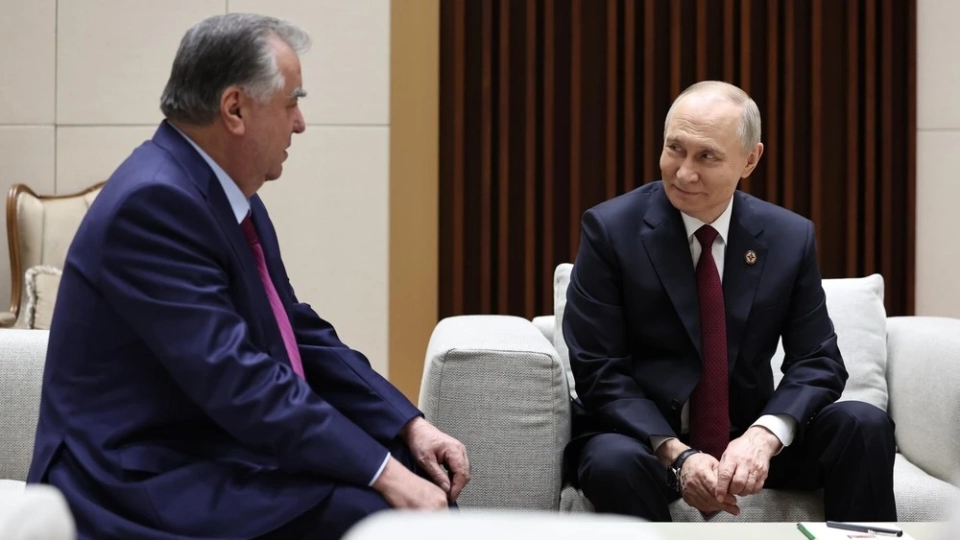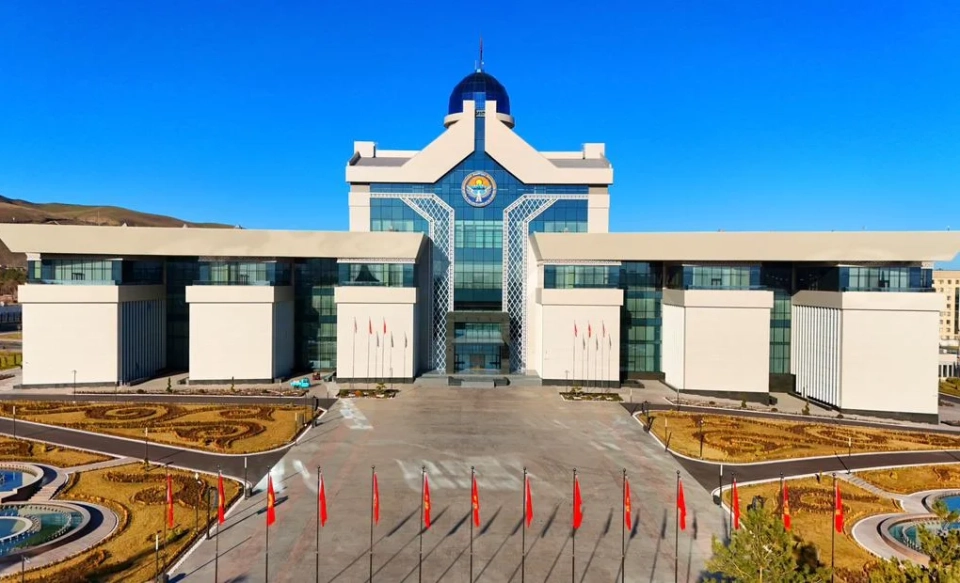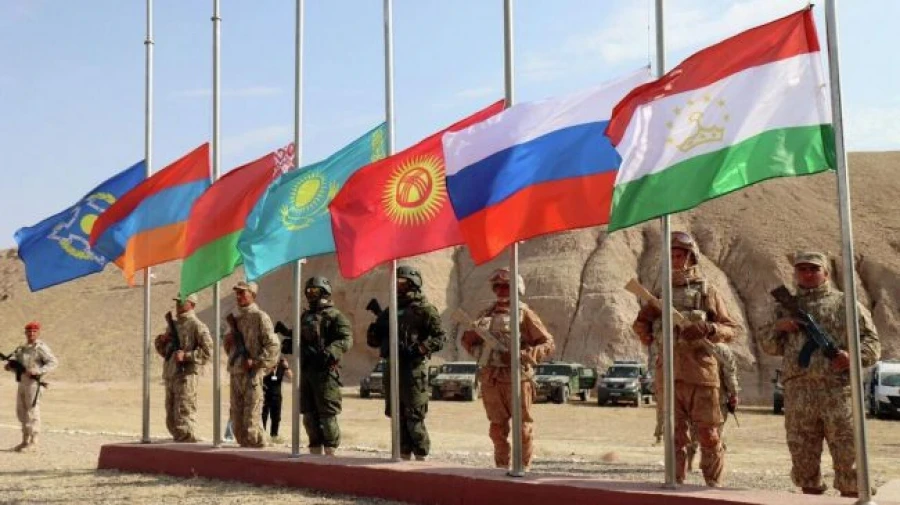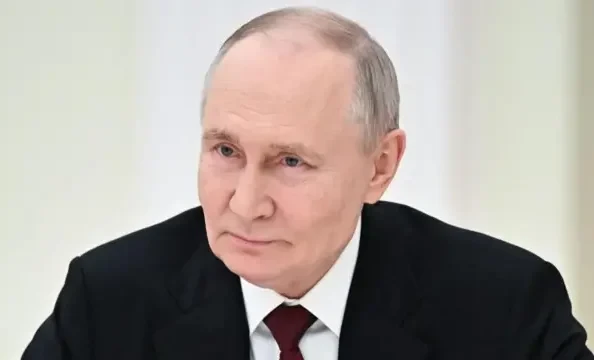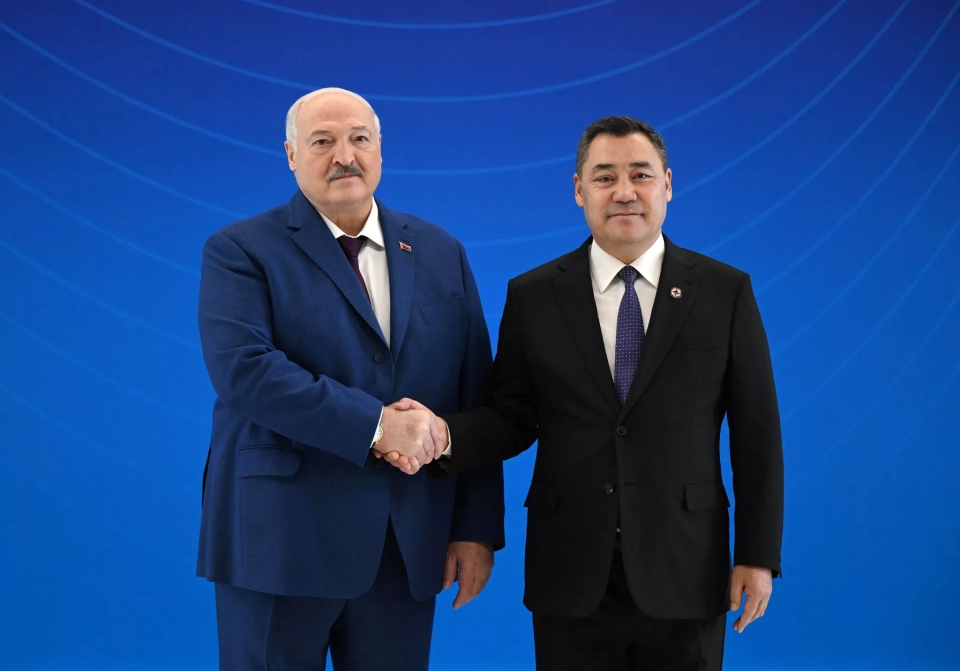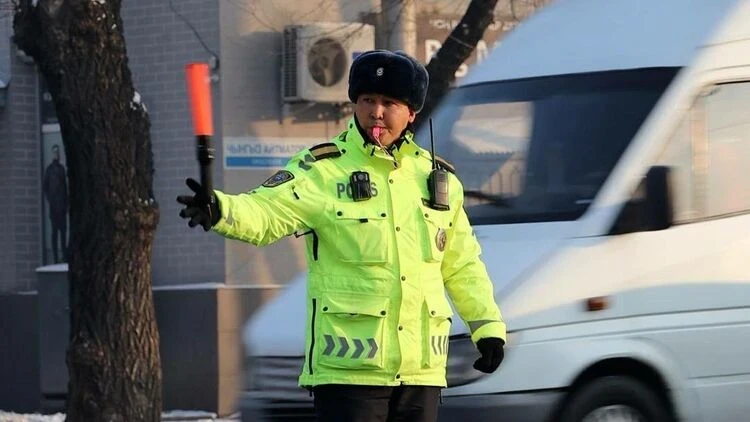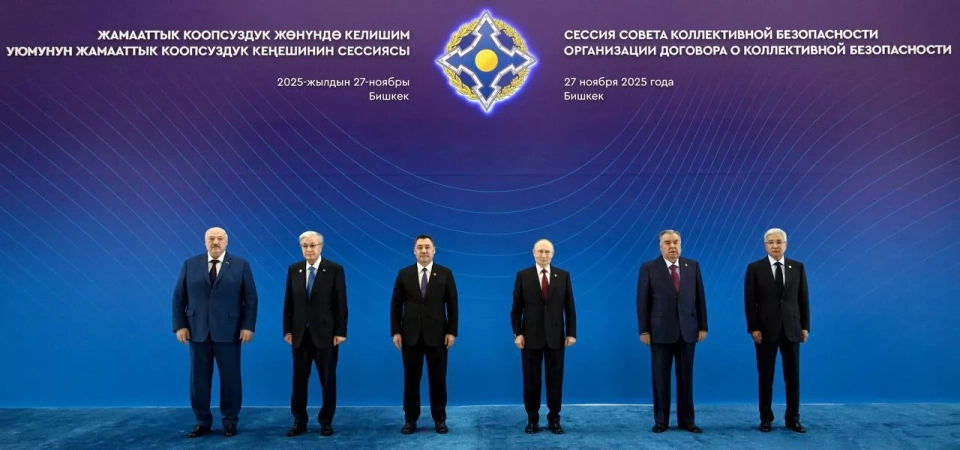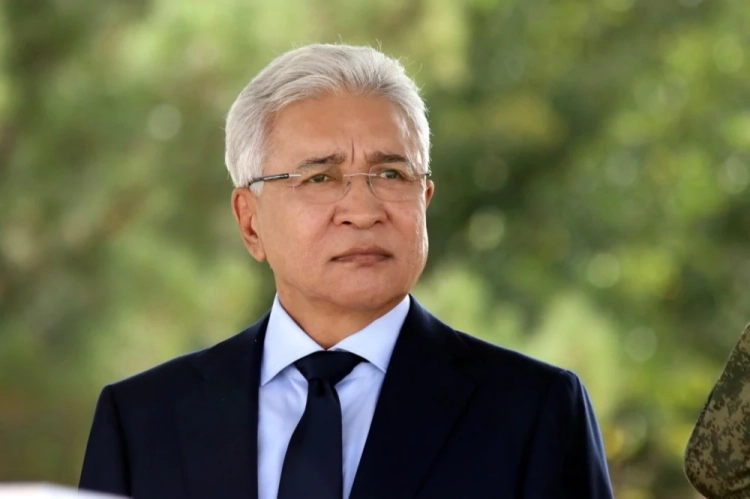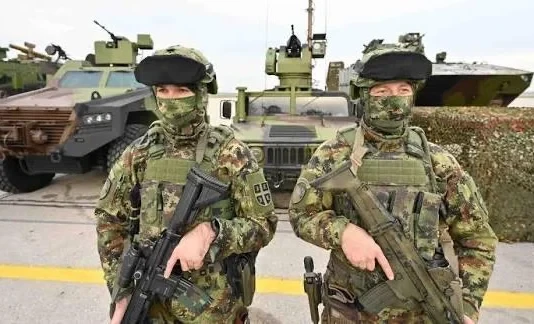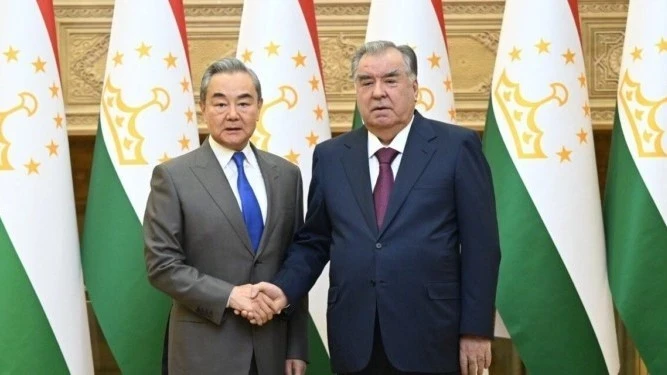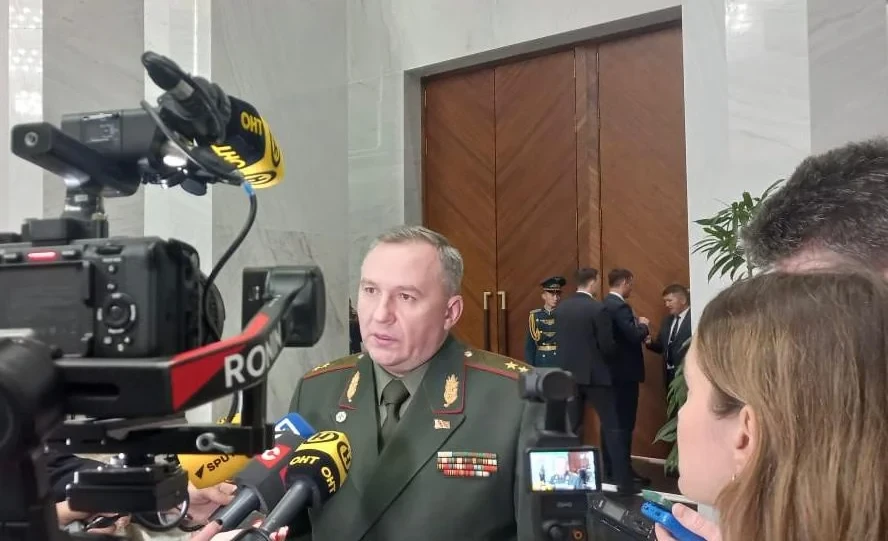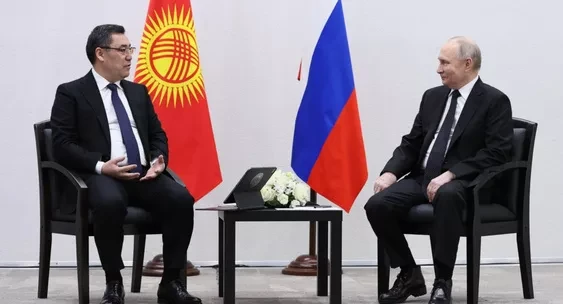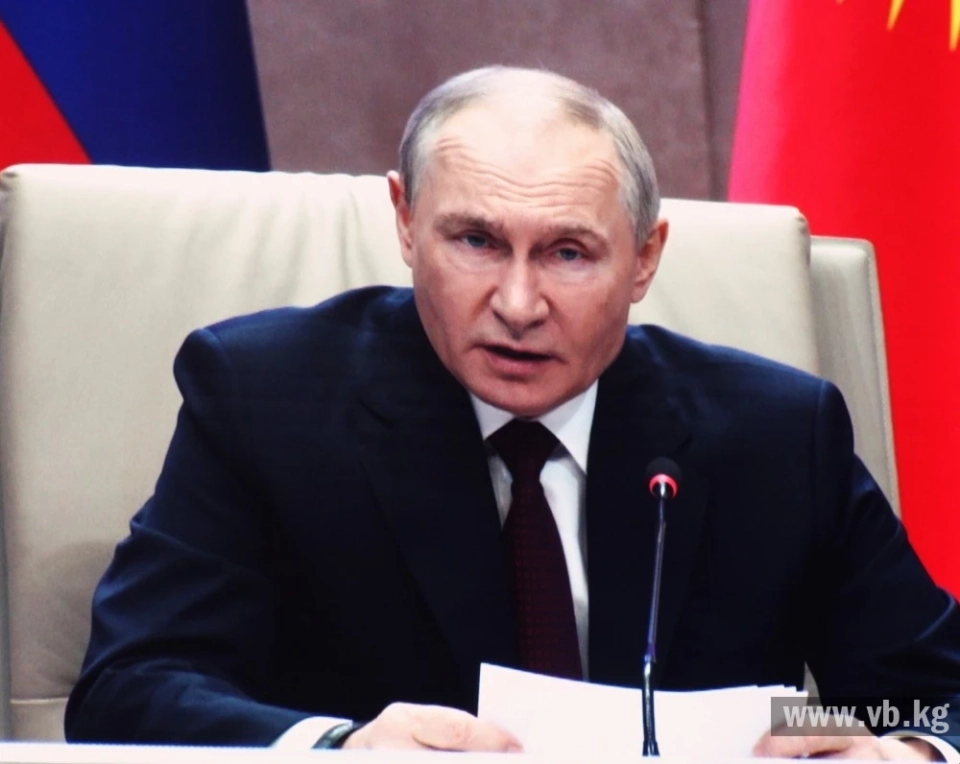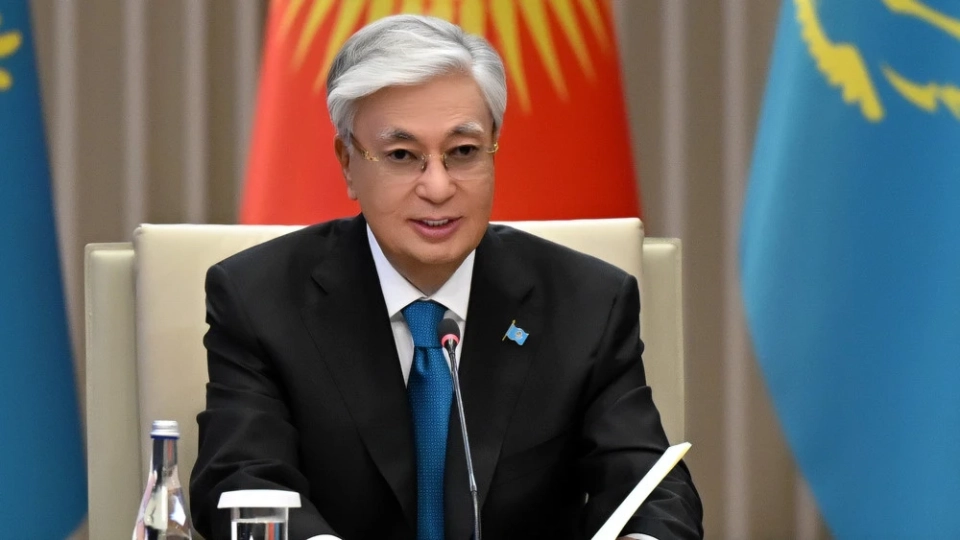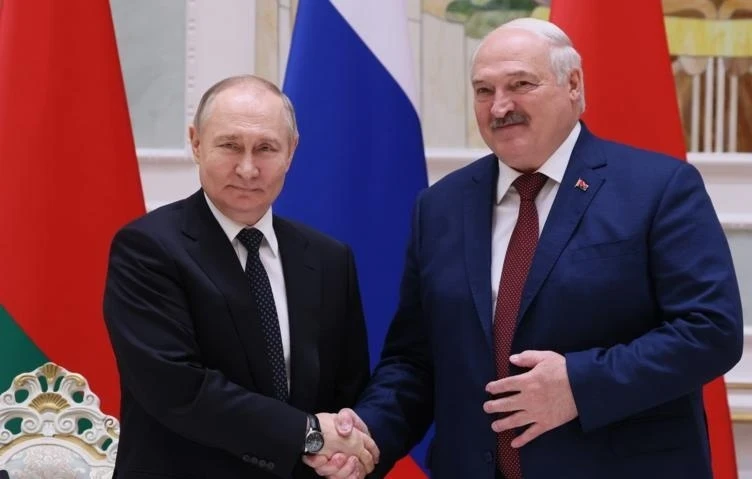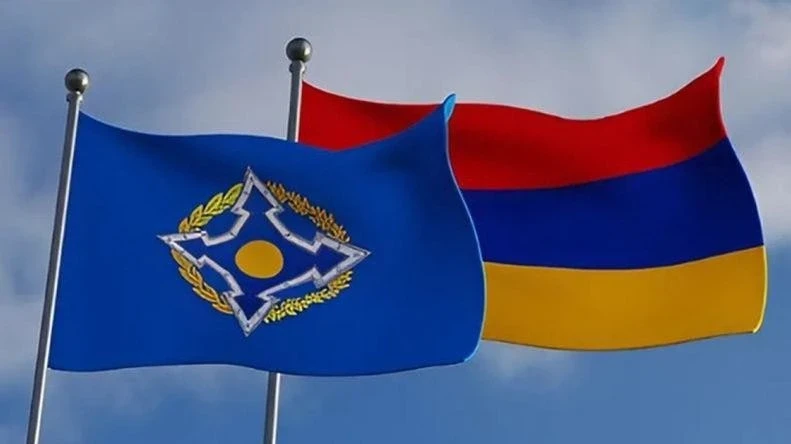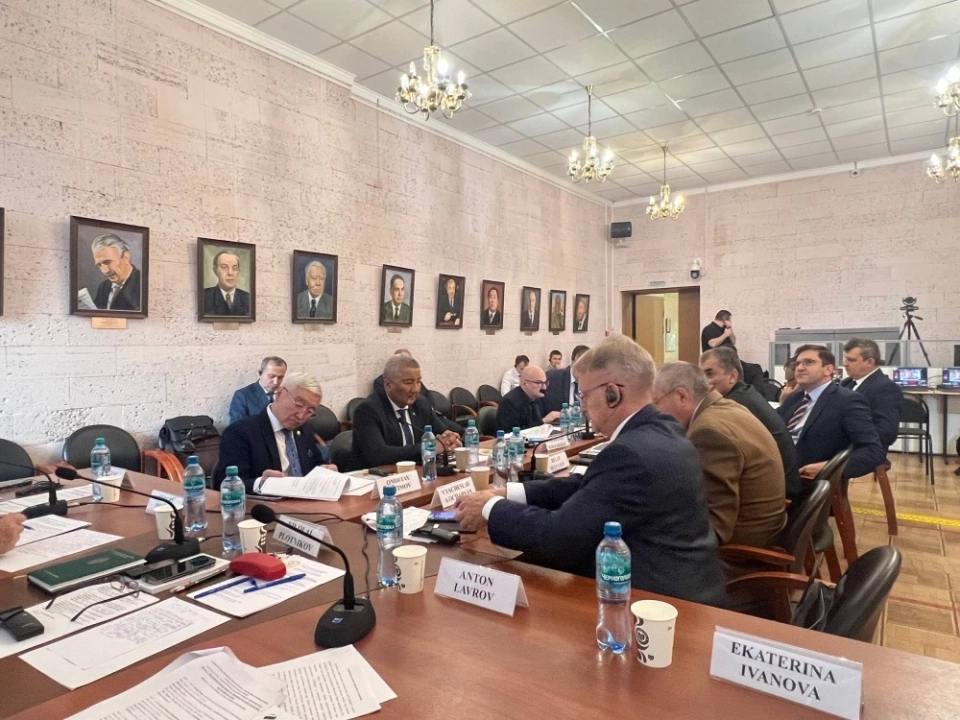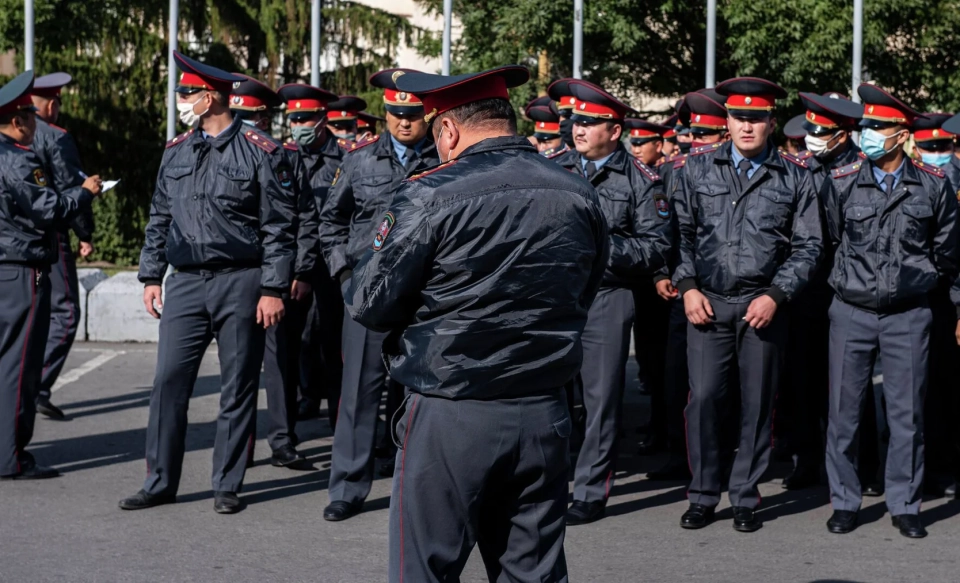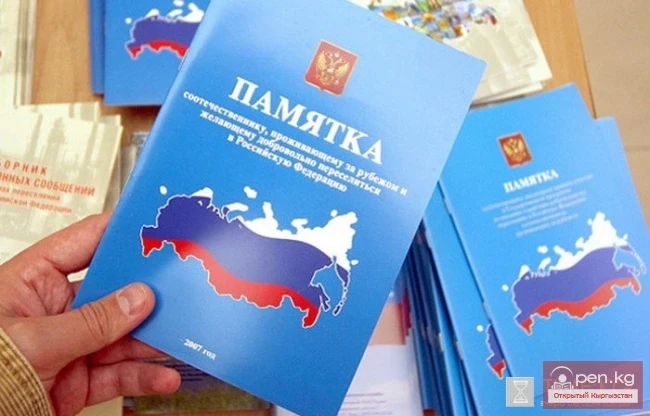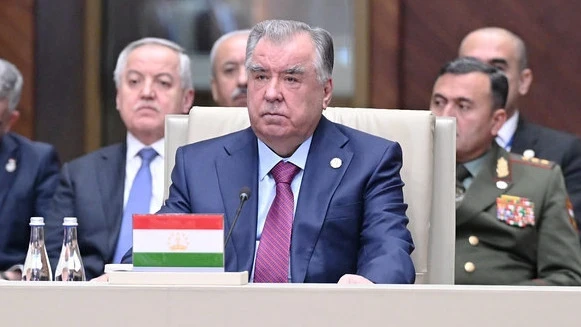
At the CSTO summit in Bishkek, the President of Tajikistan Emomali Rahmon emphasized the key role of the organization in maintaining regional security. He noted that the CSTO contributes to strengthening the defense capabilities and stability of its member states.
“Tajikistan, being on the front line of the southern direction of collective defense, pays special attention to ensuring security and stability in Central Asia,” Rahmon stated.
He characterized the current international situation as “complex and unpredictable” and supported joint initiatives proposed at the Collective Security Council meeting. In particular, Tajikistan supports the adoption of the Military Cooperation Development Plan for CSTO member states for the years 2026–2030.
Furthermore, the president noted the necessity of approving the Anti-Drug Strategy for the same period. He also emphasized the importance of CSTO's interaction with the Anti-Drug Center of the Shanghai Cooperation Organization, which will be established in Dushanbe.
Rahmon also drew attention to the Interstate Program of the CSTO for strengthening the Tajik-Afghan border and expressed hope for its timely implementation.
The head of Tajikistan highlighted the importance of creating a CSTO Humanitarian Response Center in his country and expressed confidence that this issue would be supported by allies.
The president focused on modern challenges such as terrorism, extremism, drug trafficking, and transnational crime. He reminded that terrorist organizations use cyberspace and artificial intelligence, which underscores the need for operational information exchange and management of these threats through digital technologies.
In conclusion, Emomali Rahmon expressed confidence that the decisions made at the summit would serve as a foundation for further strengthening cooperation among CSTO member states.
As a result of the meeting, several significant documents were signed, highlighting the countries' commitment to joint actions.
